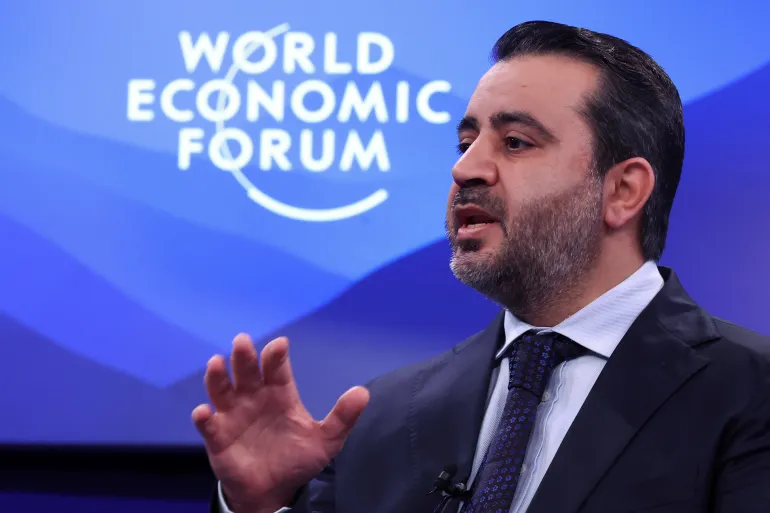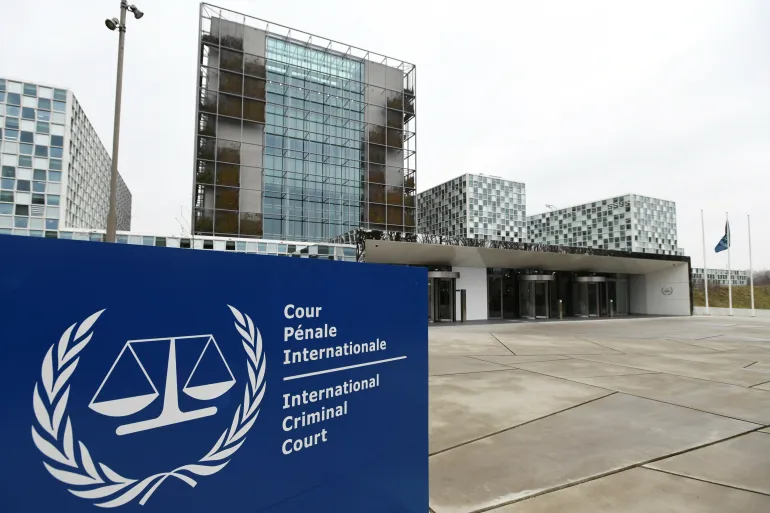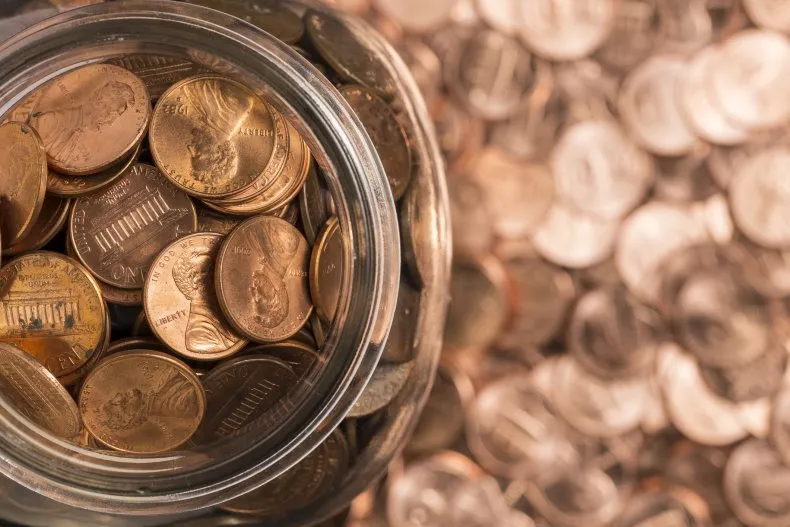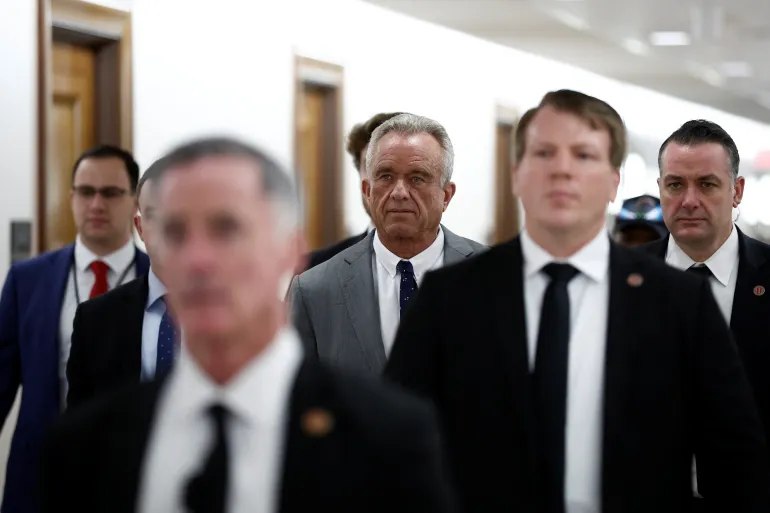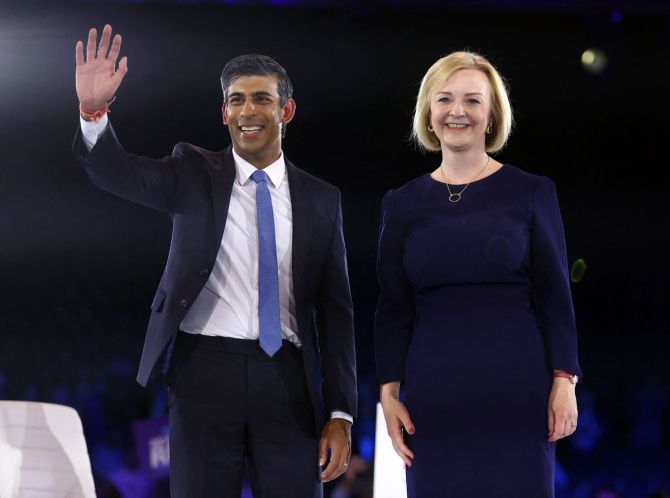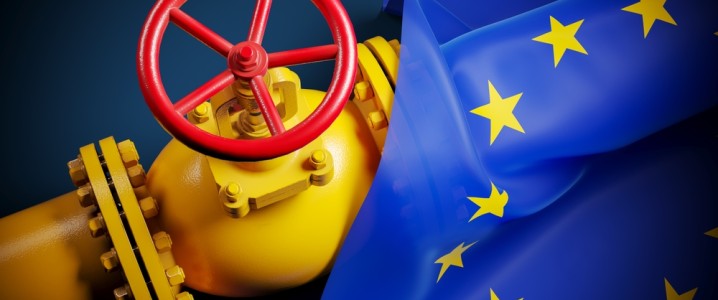According to its CEO, the gas crisis in Europe will serve as “a stimulus” for Mercedes-Benz to invest more in sustainable energy.
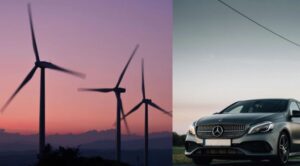
Ola Källenius told CNN Business in an interview on Sunday that the region’s ongoing power shortage, which has affected millions of homes, had caused the automaker to lean more toward wind energy for its operations.
He added that Mercedes has started taking steps to “maintain full production” by moving to electric and other power sources, even if it plans to reduce its usage of natural gas at its German manufacturing by about half.
We believe that we are in a relatively great position to handle this problem in the short term, Källenius continued.
If you take a longer, mid- to longer-term perspective, I believe this could even serve as a catalyst to move more quickly toward renewable energy.
Russia has significantly decreased the amount of gas it provides to Germany and other EU nations.
Many homes were concerned that Russia might entirely shut off the water supply this winter. The German government has previously put in place a crisis management strategy that, if necessary, might result in gas restriction to enterprises.
Data from the trade association Gas Infrastructure Europe, however, indicates that gas storage facilities have far surpassed the EU officials’ aim, indicating that Europe has enough gas to get through the season without experiencing any significant supply disruptions.
Businesses have previously planned for emergencies. In order to “ensure that we have parts in the system” in the event of any gas shortages this winter, Mercedes has taken the “precautionary” step of stockpiling a number of natural gas-powered vehicle components, according to Källenius.
The development of an on-site wind farm, which will eventually supply more than 15% of the automaker’s electricity demands across Germany, is the first of two significant projects the automaker has opted to move forward with recently.
According to Källenius, the consortium has also agreed to use a wind energy facility in the Baltic Sea, which will “add another 25%” of capacity. He continued, “We’re going to diversify, we’re going to strengthen our resilience, and of course we’re going to go carbon-free.”
The goals may be compatible with the organization’s bigger goals.
In an effort to catch up to industry pioneer Tesla, Mercedes is now expanding its inventory of electric vehicles, along with other major automakers (TSLA). Goals set forward by the German behemoth include having half of its sales originate from electric vehicles by 2025 and having the brand “become completely electric” by 2030.
The corporation declared this year that it would devote more than 60 billion euros ($58.5 billion) to an “emissions-free future” between 2022 and 2026.
On Sunday, Källenius spoke with CNN Business from the Paris Motor Show, where he had just introduced the EQE sports utility vehicle, the company’s most recent electric vehicle. As the first electric choice for all of Mercedes’ vehicle classes, he dubbed the automobile one of the most significant introductions in the company’s history.
One of our top [sales] globally is the E-class SUV category. That’s why this car is so crucial for us,” Källenius added, pointing to the one in the background of the video chat. The mid-size SUV, in his words, is “the final piece of the puzzle” for Mercedes.
Concerns about consumer demand for brand-new vehicles and other products are growing, especially as the outlook for the world economy continues to deteriorate.
IMF forecasts for the global economy were once again revised downward last week, with the organization projecting that “for many people, 2023 will feel like a recession.”
In particular, Källenius noted that there were “clouds looming,” due to factors like inflation and other obstacles.
But he ended on a positive note by adding that luxury items often tended to be somewhat protected from economic ups and downs. According to Källenius, “the luxury segment generally looks to be a little bit more durable as you go through different economic cycles, but you respond to demand.”
“I believe that our production system is flexible enough to accommodate changes in the economic cycle.”
In comparison to the about 377,000 vehicles sold over the same period last year, Mercedes sold nearly 529,000 automobiles in the third quarter of 2022, an increase of around 40%.
Main Sources: https://edition.cnn.com/2022/10/17/business/europe-energy-crisis-mercedes-renewables-intl-hnk/index.html

